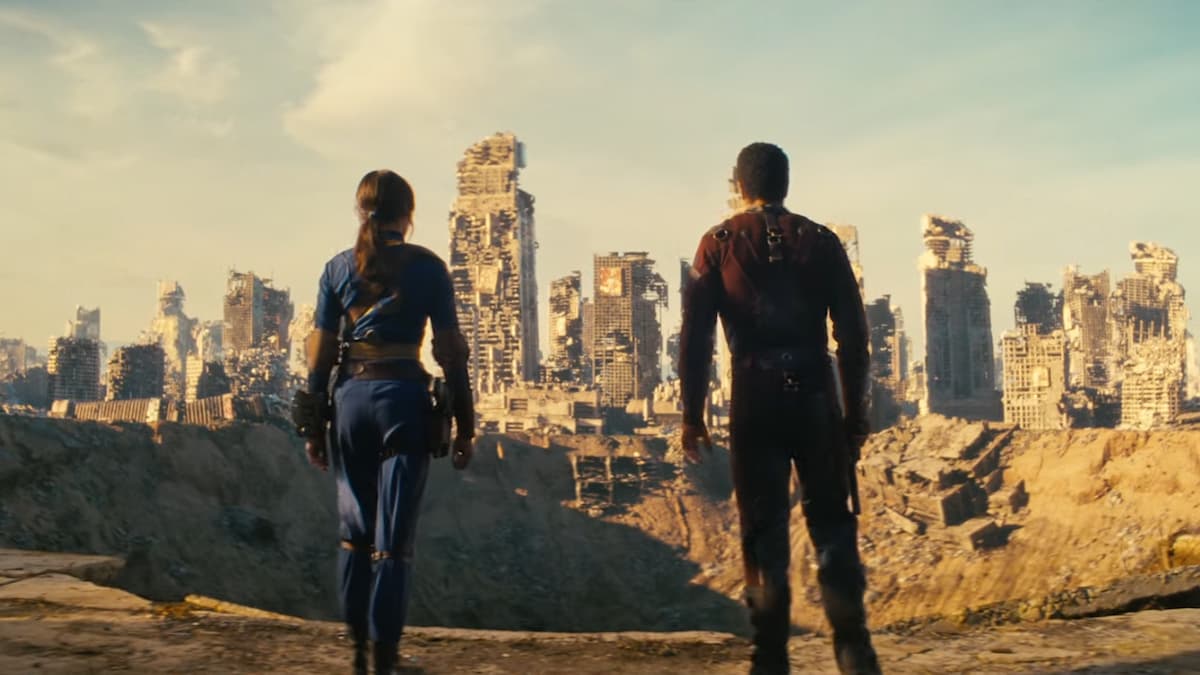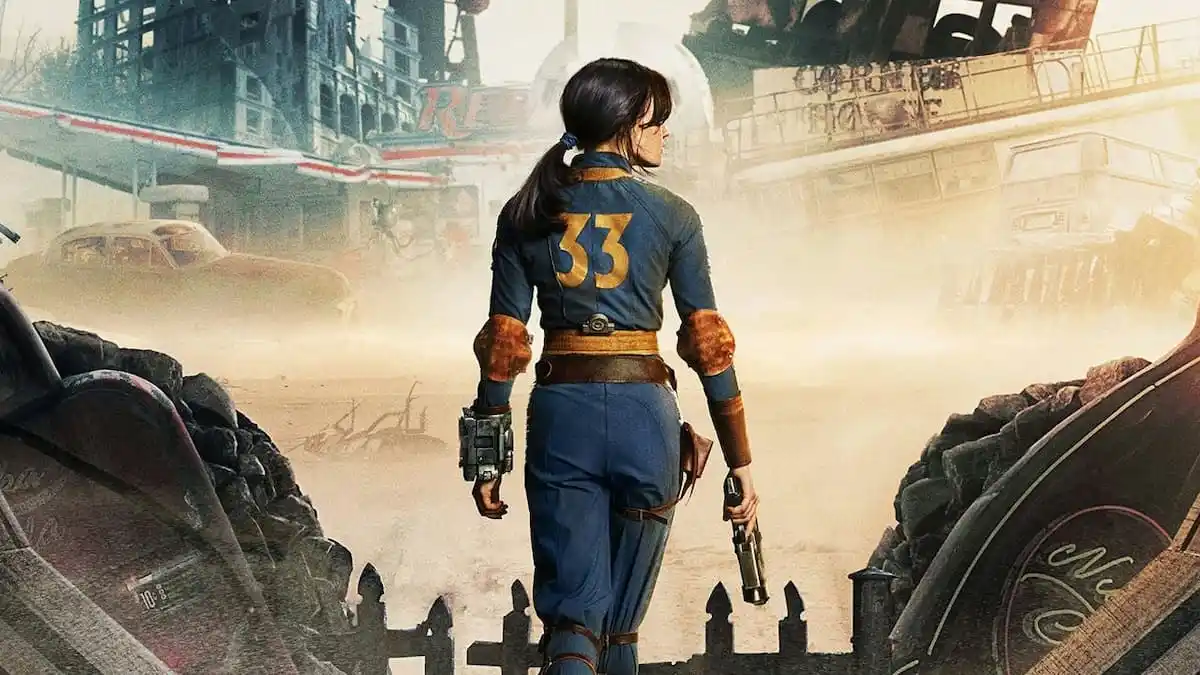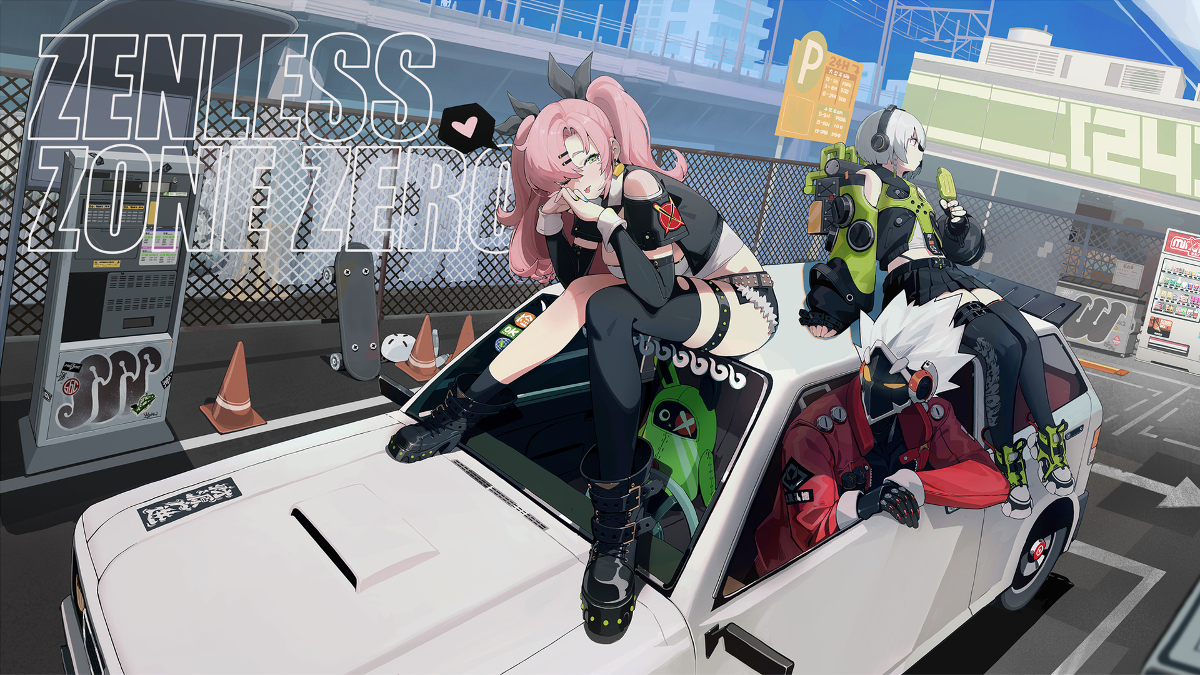Warning: The following article contains minor spoilers for Prime Video’s Fallout.
Let’s be real. The bar for movie and TV adaptations of iconic video game franchises has always been shockingly low. It wasn’t all that long ago that the 2006 Silent Hill movie was considered to be one of the best video game movies of all time, and it held that crown for quite a while.
Then we entered 2019, and we started seeing some actually good TV series adaptations like Netflix’s The Witcher. Even that didn’t last long, though, as Seasons 2 and 3 completely derailed the franchise, but the bar was finally raised. I’d be remiss not to mention 2021’s Arcane as well, which got me actually somewhat invested in League of Legends, of all things.
When The Last of Us got its long-awaited HBO adaptation last year, I had my qualms with it, but I was convinced that this was the best video game to TV adaptation we’d ever gotten. After all, Naughty Dog’s cross-country drama with Joel and Ellie is widely regarded as one of the best stories ever told in video games, and we were finally getting that experience on the silver screen. What’s not to love?
And then Prime Video’s Fallout series happened, and the bar has been raised yet again.
After binging all eight episodes of Fallout Season 1 over a few days, I was surprised by how thoroughly I enjoyed the show, despite never being a huge fan of Bethesda’s post-apocalyptic RPG series. All the ingredients for success were there: the superb casting with Yellowjackets‘ Ella Purnell and Walton Goggins, the iconic imagery with the Brotherhood of Steel armor, Nuka-Colas, Pip-Boys, “war never changes,” and most importantly, a brand new story that was considered canon within the Fallout timeline.

This, I think, is key to Fallout‘s success. By crafting a brand new story for the adaptation, there are no preconceived notions or expectations going into the show. It definitely helps that every Fallout game thus far has been its own standalone adventure, and it’s no surprise that the same goes for the show as well. There are many familiar elements of course, and plenty of little references to the games for series fans to pick out and look out for. But past that, it’s an incredibly newcomer-friendly show that can appeal to both fans and newbies.
In contrast, HBO’s The Last of Us adaptation is almost a 1:1 recreation of the video game, except it’s also inferior in so many ways. The problem with HBO’s The Last of Us is that it’s almost impossible to capture what made the game so special in the first place: the bond between Joel and Ellie that builds over time. It’s a bond that develops not during the mandatory story cutscenes, but in the game’s quieter moments when you’re just exploring the environment and listening to cute quips and banter between the two.
Because HBO’s adaptation follows a nine-episode structure, it’s pretty much impossible to make time and space for those less exciting moments. As a result, the show can feel like a “Best Hits” compilation of all the key story moments from the game. At its worst, the show also feels like a truncated version of the game — the underwhelming university escape and the turning point in the winter season come to mind.
In fact, the show is at its best when it gives us new insights into these familiar characters that we’ve never seen before. The show’s third episode with Bill and Frank tells a story that completely diverges from what we know of Bill in the game, and instead portrays the couple as a more loving one, complete with a full history and breakdown of their journey. This episode is one of the highest-rated ones in the season, and I don’t think that’s a coincidence.

Amazon’s Fallout adaptation is pretty much all new content, and similarly offers up new information and tidbits about the radiated Wasteland that we’ve come to know so well. There’s a lot of potential and creative freedom to be had with writing a new story set in a familiar universe, and its advantage is that the writers are no longer beholden to a fan’s expectation of how a certain character should be portrayed and how they should be written. You certainly need to be able to capture the tone of the source material and also follow its established rules, and Fallout does just that to great effect.
We’re finally entering a golden age of sorts where video game adaptations are no longer being perceived as cash grabs or a quick way for companies to cash in on a game’s popularity. With every new adaptation, it does feel like showrunners and producers are starting to zero in on the formula to actually make them good. I’m no showrunner myself, but I’d be willing to bet that part of a show’s success hinges on its ability to separate itself just enough from an established story, while bringing the universe that story is set in to life. It’s what the Super Mario Bros. movie did. It’s what Arcane did. It’s what Fallout‘s just done. And guess what those three things have in common?
They’re all pretty damn great.
Fallout is available now on Prime Video.





